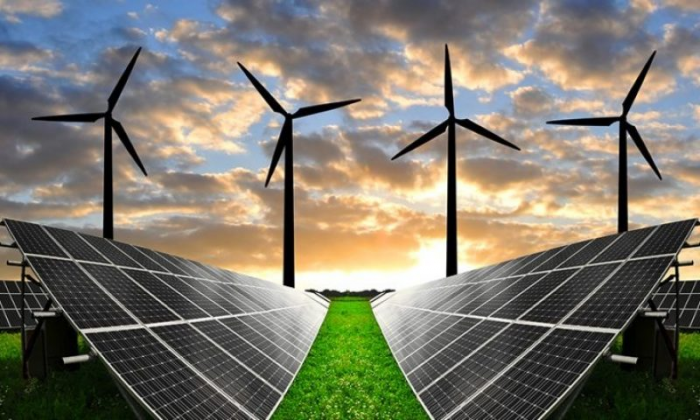The Italian Government has implemented several supporting schemes for electricity production from renewable energy sources and has been working from 2020 to simplify the authorisation processes for renewable energy plants.
The key incentivised remuneration schemes renewable power plants at the national level are:
- Photovoltaic, onshore wind and hydro plants:
- Plants with installed capacity 1 kW < P < 1 MW: inscription in the registers and allocation of available power according to priority criteria and at a fixed price. The value of the feed-in tariff depends on the technology and on the year of the application, and can be influenced by the hourly energy price on the electricity market. NB: For PV plants, only installations with P>20 kW are eligible.
- Plants with installed capacity > 1 MW: participation in auction procedures and allocation of available power on a price basis. The value of the feed-in tariff can also be influenced by the hourly energy price on the electricity market.
- Biogas, biomass and bioliquid power plants: access to guaranteed minimum prices defined by the Energy Authority (ARERA).
Furthermore, Italy has implemented a particularly well-developed scheme to promote diffuse self-consumption, identifying seven possible configurations:
- Groups of self-consumers of renewable energy acting collectively, which are eligible for a feed-in premium.
- Active customer groups acting collectively.
- Renewable energy communities (RECs), which are eligible for a feed-in premium.
- Citizens' energy communities (CECs).
- The individual “remote” self-consumer of renewable energy using the distribution network, which is eligible for a feed-in premium.
- The active “remote” customer using the distribution network.
- The individual “remote” renewable energy self-consumer with a direct line, which is eligible for a feed-in premium.
A partial reimbursement of the network costs also applies for self-consumption under some of the above configurations.
NB: Two other mechanisms that have been available for several years (the “On-site exchange” and the “Dedicated take-back”) are noy anymore available as of 31/12/2024.
Notably, building-integrated electricity production plants (e.g., rooftop PV) can also be eligible for support under the energy efficiency supporting mechanisms, namely:
- Tax deductions: who installs rooftop PV together with energy efficiency interventions on buildings can benefit from tax deductions up to 50%.
- National Fund for Energy Efficiency: fund that supports public administration's and private companies' investments for intervention in energy efficiency of buildings, plants and production processes.
In addition to this, several national and regional funds ensure grants for energy efficiency intervention on public buildings, with rooftop PV generation normally identified as an eligible intervention and often Municipalities as key beneficiaries.
Island-specific measures
The implementation of the Ministerial Decree 14/02/2017 has set specific feed-in tariffs for electricity generation from renewable energy sources on the small non-interconnected islands. The feed-in tariff / feed-in premium depends on the specific island and on the size of the generation plant. Prosumers can decide whether they prefer to make use of the specific feed-in tariffs / feed-in premium for non-interconnected islands or take advantage of the national schemes.
The Municipalities of islands are also often beneficiaries of dedicated funding schemes including renewable electricity generation as possible interventions, such as:
- Call for Interventions for Energy Efficiency, Sustainable Mobility and Adaptation to Climate Change Impacts in Small Islands (2017).
- National Resilience and Recovery Plan - measure "Green Islands", assigning 200 M€ to interventions on energy, water, transport and waste for the 19 small non interconnected islands (2022).
Regional grants might also be or become available depending on the specific territorial context.
Competent Authorities
- Ministero dell'Ambiente e della Sicurezza Energetica (MASE): it is responsible, together with the rest of the Government and the Parliament, for the identification of national targets and policies, the development oflegislation around the energy system and the authorisation processes, as well as in the management of the permitting processes concerning the largest energy plants.
- Gestore dei Servizi Energetici (GSE): fully public company entrusted with the promotion and development of renewable energy sources and energy efficiency.
- Invitalia: Governmental agency involved in the economic development of the Country managing incentives for enterprises and services for Public Authorities.

